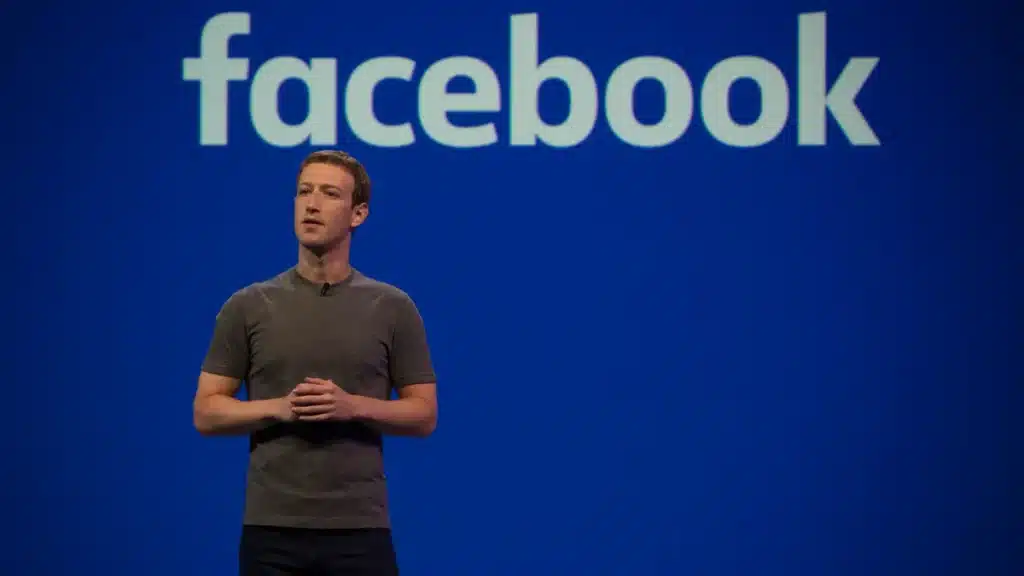Facebook was once the darling of the tech world, the go-to social network for connecting with friends and family, sharing photos and videos, and staying up-to-date on the latest news and trends. However, in recent years, the platform has seen a decline in popularity, with many users abandoning the site in favor of newer, more innovative platforms.
In this article, we will explore the reasons behind Facebook’s slow demise and what it means for the future of social media.
Contents
The Rise of Facebook

Facebook was launched in 2004 by Mark Zuckerberg, then a student at Harvard University. The platform quickly gained popularity thanks to its simple interface and the ability to connect with friends and family all over the world. Over the years, Facebook added new features, such as the ability to post photos and videos, like and comment on posts, and join groups and communities.
The Demise of Facebook
Despite its initial success, Facebook has seen a decline in popularity in recent years. There are several reasons for this decline, including:
- Privacy Concerns: Facebook has been plagued by privacy concerns for years, with many users worried about the amount of personal data the platform collects and how it is used. The Cambridge Analytica scandal, in which Facebook allowed a data-mining company to access the personal data of millions of users without their consent, was a turning point for many users.
- Competition: Facebook’s dominance in the social media market has been challenged by newer platforms such as Instagram, Snapchat, and TikTok. These platforms offer users new and innovative ways to connect with each other, and many younger users prefer them to Facebook.
- Misinformation and Fake News: Facebook has been condemned for its role in spreading misinformation and inauthentic news, particularly during the 2016 US presidential election. The platform has struggled to combat this issue, and many users have lost trust in the information shared on the site.
- Monetization: Facebook has increasingly focused on monetizing its platform, with more ads and sponsored content appearing in users’ feeds. This has led to a decline in user experience and increased frustration with the platform.
The Future of Social Media
The decline of Facebook is not the end of social media, however. There are still many innovative platforms that are gaining popularity, such as Clubhouse, a social audio app, and Discord, a platform for online communities. These platforms offer new and innovative ways to connect with others and share information, and they are likely to continue to grow in popularity in the coming years.
Regulation is also likely to play a significant role in the future of social media. Governments around the world are increasingly concerned about the influence of social media on democracy and society, and they are taking steps to regulate the industry. In the US, for example, the Biden administration has called for greater regulation of social media platforms, particularly in regard to misinformation and hate speech.
Conclusion
The slow demise of Facebook is a reflection of the changing nature of social media and the growing concerns about privacy, misinformation, and monetization. While Facebook may not be the dominant platform it once was, social media is not going away. Instead, we are likely to see the rise of new and innovative platforms that address the concerns of users and offer new ways to connect and share information.
The role of regulation is also likely to increase as governments seek to balance the benefits of social media with the risks it poses to democracy and society.



